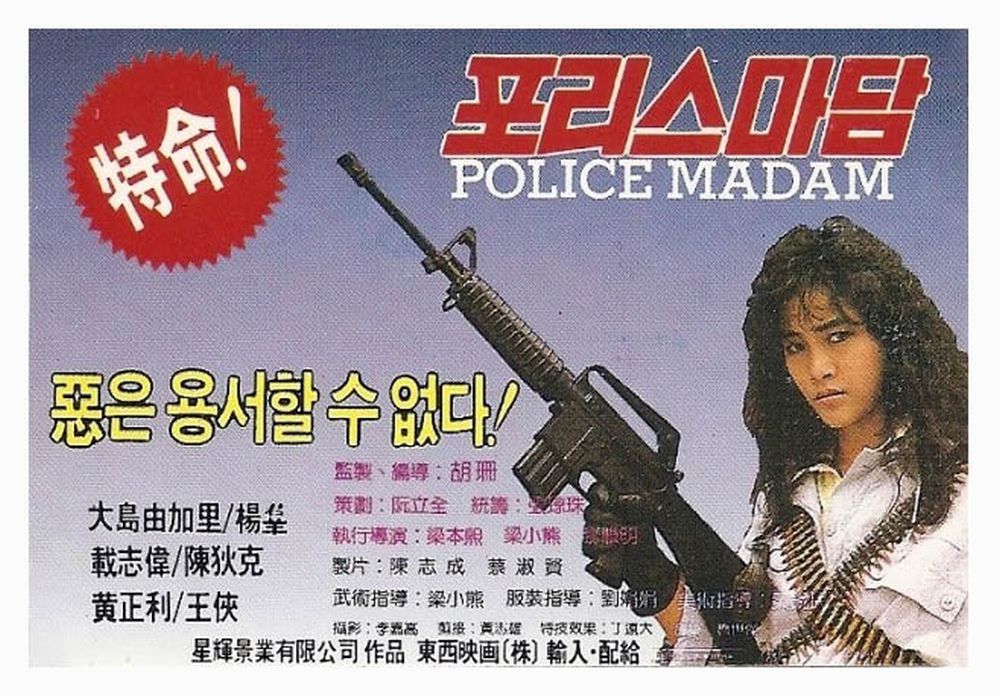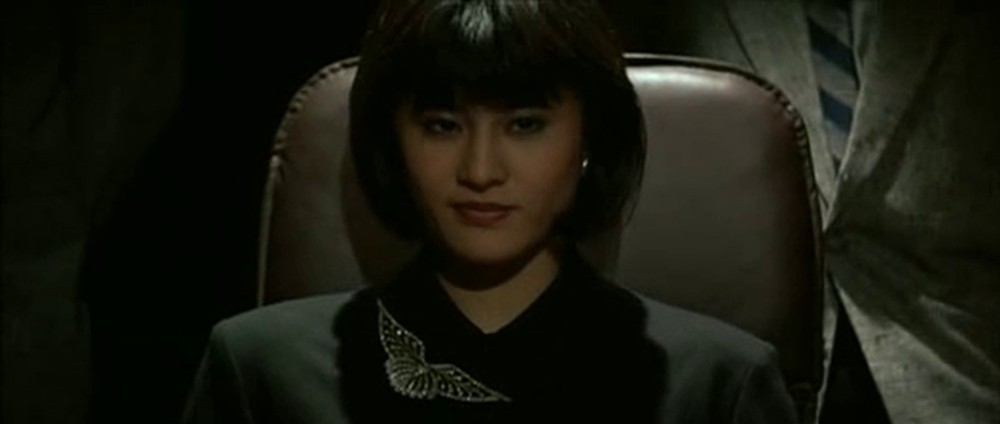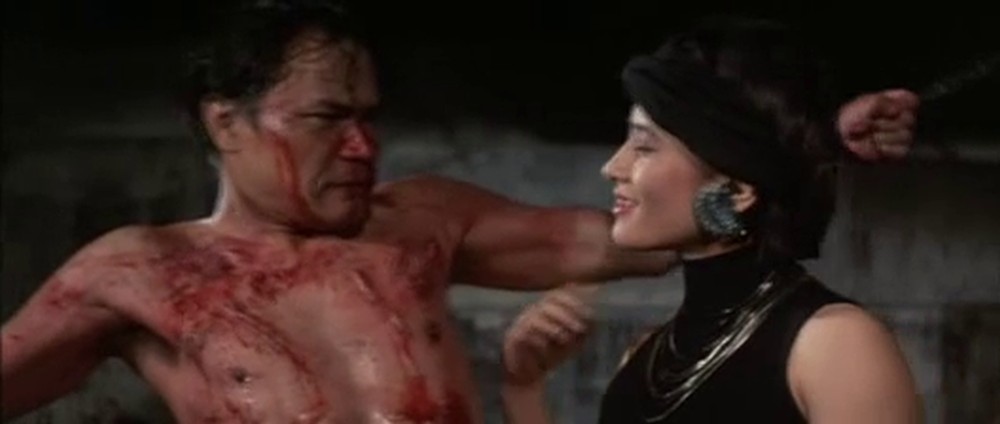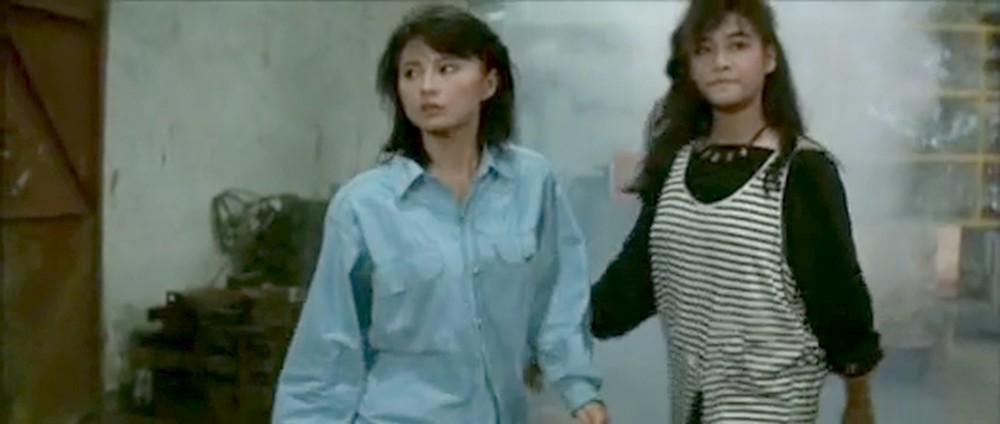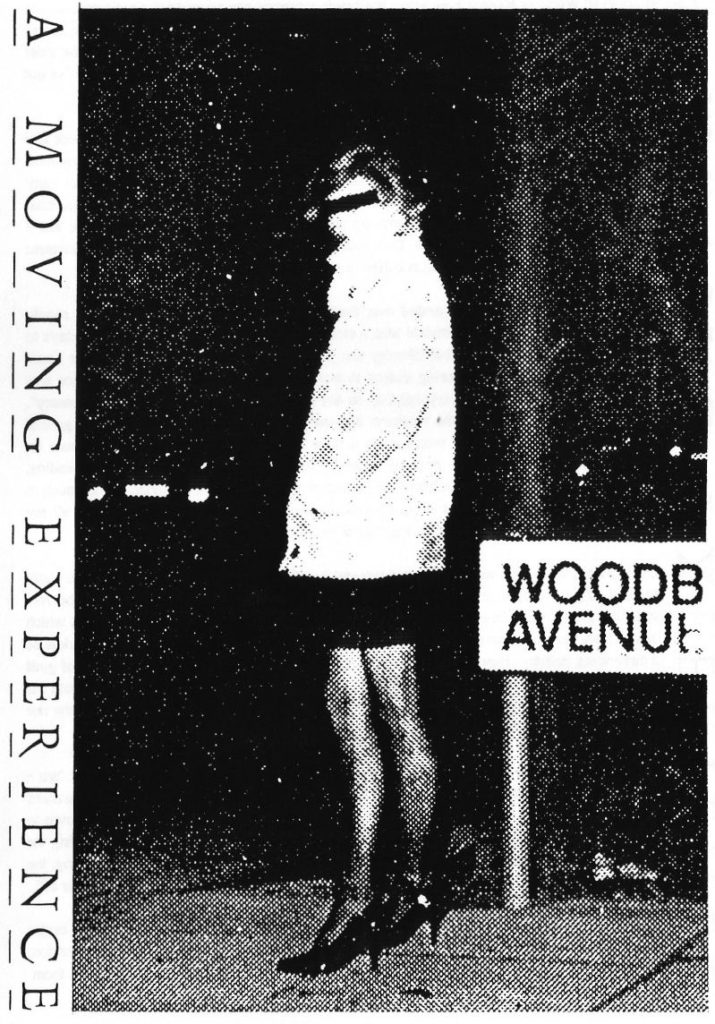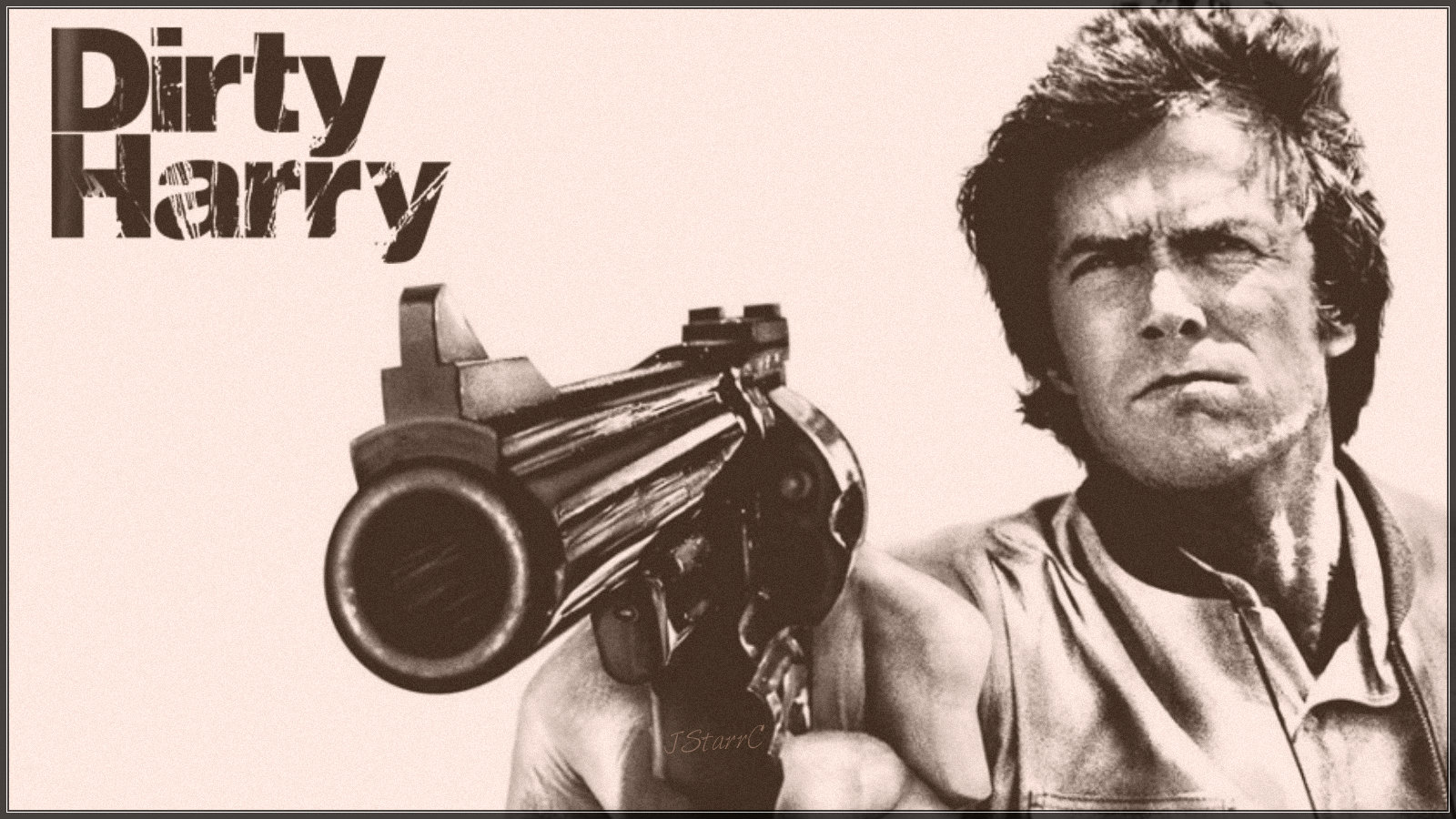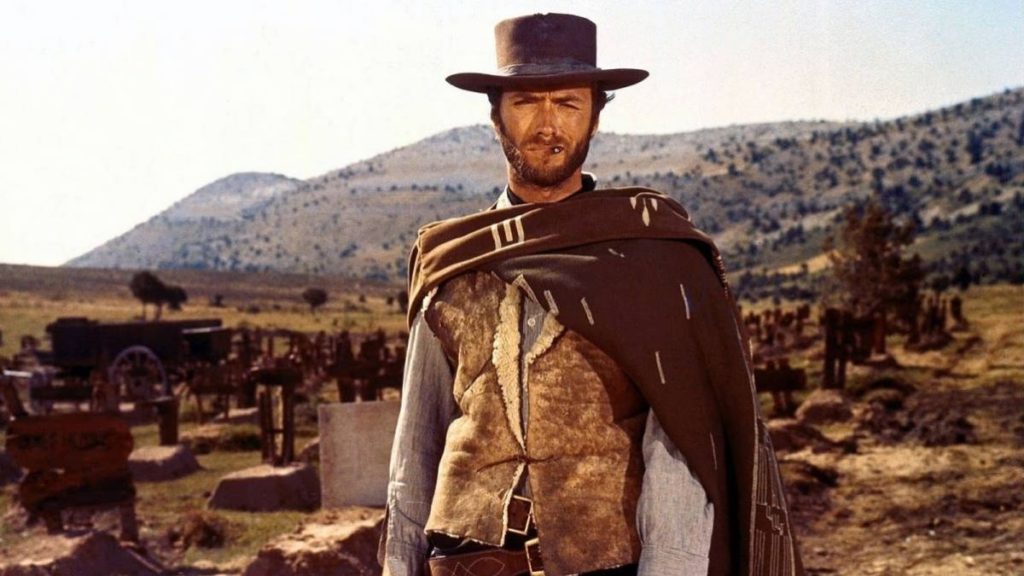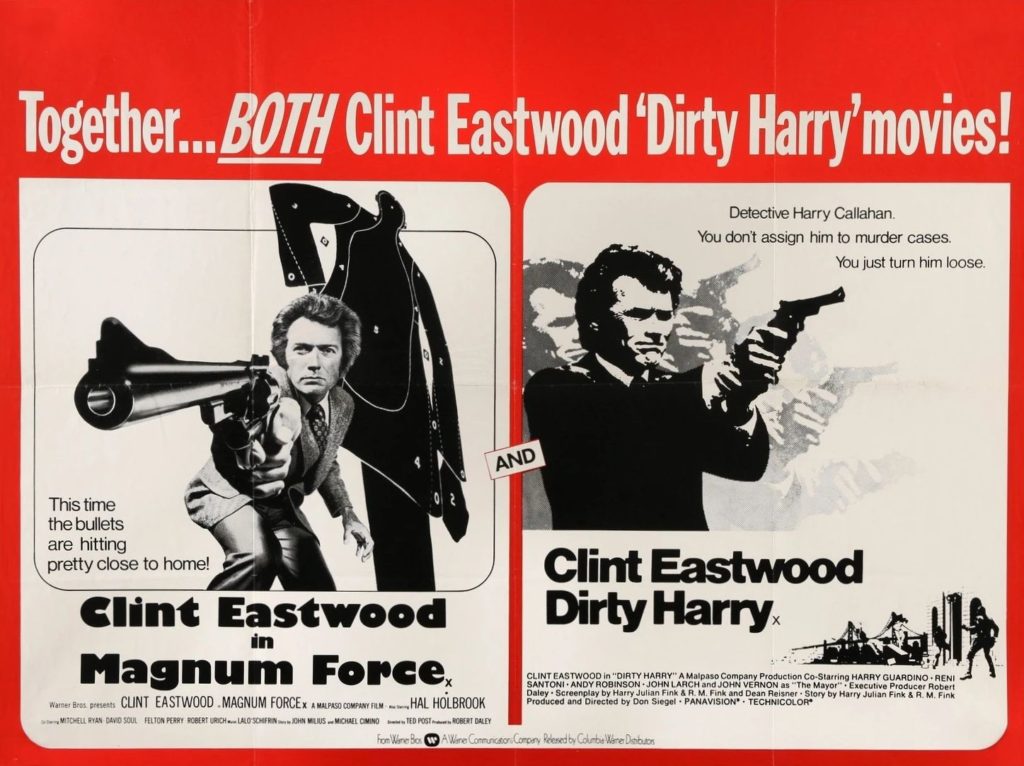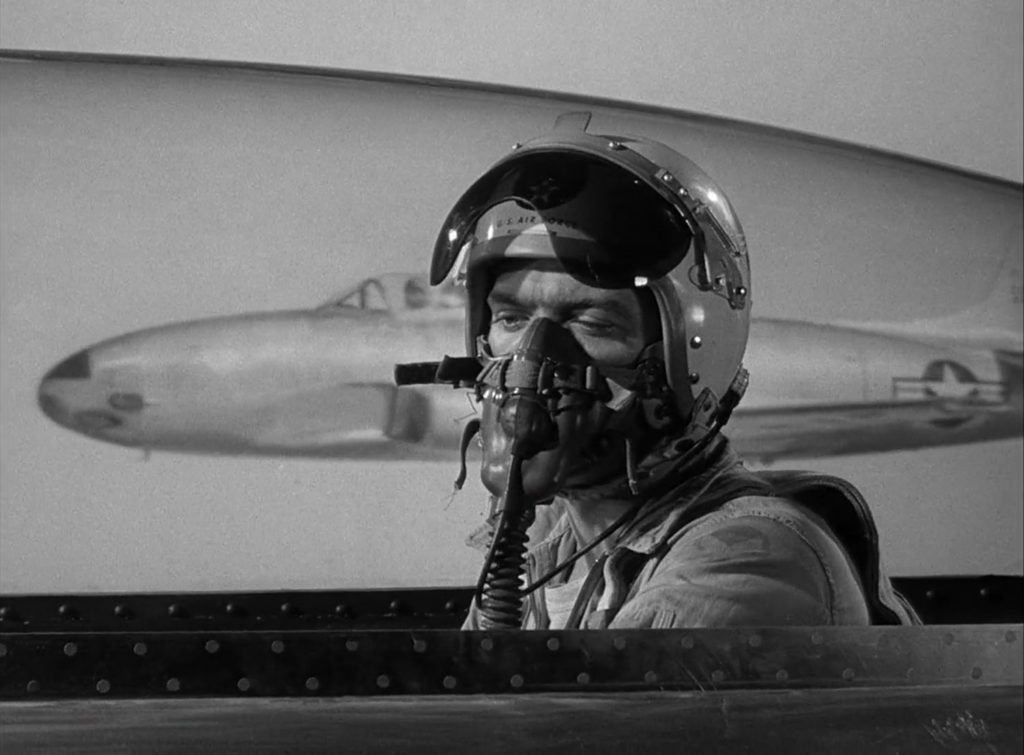Conspiracy Corner: B-52 baby, way up in the sky
Ok, let’s get one thing straight. Whatever the Gulf war was about, it hadn’t got a great deal to do with protecting the integrity of a sovereign state. The Americans didn’t give a damn when Afghanistan was invaded a decade or so ago. They don’t give a damn about all the factions in Africa that attack each other with a depressing regularity. So why were they so fussed when one branch of the Salman Rushdie Depreciation Society tries to take over another? The theories mostly have to do with oil – the paranoiac need not restrict himself to these and with a little imagination can come up with some interesting alternatives:
The American Government
Most civilised nations find an outlet for national aggression in team games: the only thing that stops Scotland staging another rebellion is the opportunity to klck English ass at rugby once a year (whether we win or not!). As the American performance in the World Cup shows, they’re generally no good at team sports, save those they invented themselves like American Football. War is the exception but while Hollywood has fostered the image of a team that never loses, last time out under Coach Bush they were reduced to sitting outside the Vatican embassy in Panama, playing loud rock music at a middle aged drug baron. This is not exactly a fearsome reputation for a nation’s warriors to carry into battle.
The Defence Industry
If anyone really stood to benefit (the golden rule of conspiracism) from the war, it’s arms manafacturers. Now that the “evil empire” is busy coping with problems like famine and civil war (all since they let Paul McCartney in, but that’s another story), people were asking “Why do we need to spend $295 billion dollars a year on weapons?”, and weren’t happy with vague answers about future threats. There’s nothing like a war to boost business in everything from bombers to body-bags.
Nothing like a war to let you test things, either – before this year, the Patriot anti-missile system had been fired a mere thirteen times. Raytheon, the makers, must be rubbing their hands in glee at the prospect of the orders flooding in for their “battle-proven” weapon, while giving grateful thanks that the Iraquis never used more state-of-the-art missiles, against which the Patriot’s efficiency is a lot more doubtful.
The British Government
Remember the Falklands? The Argentinian junta went to war to divert attention from economic problems at home and Thatcher gleefully grabbed the opportunity to recover from the worst mid-term opinion poll figures since Julius Caesar. This time, we had both reasons: people started to realise that John Major wasn’t all that different from Mrs.T and as for the economy, the worst unemployment figures in ten years received 30 seconds coverage, even on a hyper-extended 9 O’Clock News.
This theory doesn’t take into account that Britain’s influence in world affairs is limited to irrelevancies like decreeing the laws of cricket, or to odd bits of the Commonwealth where the inhabitants are waiting for a big white bird to bring Prince Philip. It is difficult to believe we could tell Iraq to invade Kuwait when we can’t even get the French to accept our lamb without petrol-roasting it first.
The Media
ITN spent the first two weeks broadcasting six hours of solid coverage every night even though there was, frankly, sod-all going on. Six hours, double time, seven days a week for those at home, not to mention the massive expenses for those lucky enough to be sent abroad. Were TV reporters responsible for starting and fanning the war, so they’d be the only people able to afford a gallon of petrol? “…and President Bush said Saddam Hussein was the son of a syphilitic camel, who enjoyed interfering with small boys. This is Kate Adie, urinating in a mosque, Mecca”.

Things you could learn from the average news bulletin during the Gulf War
- There’s a war going on.
- It’s somewhere in the Middle East.
- We’re winning.
- Definitely.
- We’ve destroyed all the Scud launchers.
- Apart from the ones that we haven’t.
- Did I mention that we’re winning?
Lies, damn lies and things “compiled under reporting restrictions”
You may have noticed the whining and accusations of bias whenever TV showed coverage of bomb damage in Iraq. Conspiracy theory suggests you should worry more about what you aren’t being told than what you are. It doesn’t take much intelligence to work out that reporters on our side were just as liable to manipulation and censorship: our office has a newsfeed from Reuters and I’ve read hair-raising stories, not printed in the papers, about reporters with our troops getting arrested and/or beaten up. One curious side-effect of the censorship was that it makes the military look incompetent: the impression throughout was that it wasn’t the Iraqis that were killing our soldiers, it was accidents, and carelessness such as firing on them ourselves. Was this the same army supposedly capable of destroying over 3,000 Iraqi tanks without losing a single one of ours? It may be the first war where we’ve had reporters on both sides, but all this meant is that we got two sets of officially sanctioned propaganda and still hadn’t the faintest idea what was really going on. You’d be better informed watching ‘The Desert Song’.
The volume of news, however distorted, was admittedly impressive, for the first couple of days justifiably so: this was history in the making. However, despite them cramming 300 years of the best bits into nine months, History at school was dull and in real time it’s even worse. To be fair, it was surreally entertaining watching a city get the shit bombed out of it, particularly when they put on the night sights and the whole thing resembled a video game. Then the Iraqis got wise, and realised that it wasn’t clever having large numbers of journalists running round. Only allowing them to film undamaged parts of Baghdad didn’t help: one “this military communications tower appears to be totally unharmed” report and said tower rapidly becomes a novelty rockery.

Teach Yourself U.N-Speak: Iraq
- “Cease-fire” (as in “immediate cease-fire”) = Chance to get our breath back.
- “This senseless fighting is hurting both of us = We’re losing.
- “We have no reason to attack Kuwait” = What’s the Arabic for “gullible”?
- “God is with us” = Nobody else is.
- “We call upon all Arabs to join us” = Help!
- “We have it on reliable authority” = We made it up.
- “The question of Palestinian sovereignity” = The last chance to save face.
- “Prepare for the mother of all battles” = Sales of Nike running shoes have increased 500%.
- “We will withdraw without conditions” = …apart from these ones.
- “It was a civilian air-raid shelter” = A couple of civilians were passing at the time.
Otherwise, coverage was largely limited to shaky footage of Scud missiles not hitting Israel. With so much time to fill ITN got desperate and even had their anchorman reviewing the morning’s papers. By review, I mean “read out the tabloid headlines in a sarcastic tone of voice”: a gratuitous picture of a female squaddie on the front page was warmly greeted with “nice to see sexist journalism is alive and well”. Eventually ITN gave up, and left the blanket coverage to CNN and those lucky enough to have satellite TV. The American network has clearly been stockpiling pundits for some years and had enough to last a lengthy war.
Of course any programme that might conceivably cause offence were axed from the schedules. Monty Python, ‘Allo, Allo and Carry On Up the Khyber all bit the dust and it’s rumoured that the children’s serial ‘Five Children and It’ vanished because its story about a monster living in a sand-pit was considered derogatory to the Kuwaiti royal family.
To be perfectly honest, I’m glad it’s over. While I sympathise with the civilians caught up in it, both Kuwaiti and Iraqi, it all felt like someone else’s war – I never asked the Army to go in and fight. So it wasn’t long before I became fed up with endless repetitions of censored news, sick of politicians pontificating at length about the crisis and bored to tears by hour long interviews with ‘experts’. As far as I’m concerned we can now get back to more important things – now, where did I put that copy of ‘Ilsa, Harem Keeper of the Oil Sheikhs’?
Teach Yourself U.N-Speak: US
- “You have until January 15th to get out” = We have until January 15th to get ready.
- “Join forces” (as in “It is time for the countries of the world to join forces”) = Do what we say.
- “Restoring the sovereign state of Kuwait” = Kicking Iraqi butt.
- “Friendly fire” = Sorry!
- “Flagrant breaches of international law…” = We don’t like it…
- “…abhored by all nations” = …and neither do our lap-dogs.
- “Multinational task force” = Our army, plus anyone else who wants a finger in the pie.
- “War crimes” = Killing Kuwaiti civilians.
- “Collateral damage” = Killing Iraqi civilians.
- “It was a legitimate military target” = A couple of soldiers were passing at the time.

